A range of BMW diesel models will be equipped with mild hybrid power systems as standard from spring, promising improved fuel economy and reduced emissions.
All BMW 320d models, including the four-wheel drive xDrive variants, the BMW X3 xDrive20d and BMW X4 xDrive20d – powered by the same 2.0-litre turbocharged diesel engine – will gain a 48v starter-generator and additional battery for an 11bhp power boost, regenerative braking capabilities and an improved coasting function.
The small generator is said to improve acceleration from a standstill, and can be used at speed to reduce fuel consumption. It will also allow for smoother restarts in traffic and at junctions.
Regenerative deceleration works by disconnecting the combustion engine at speeds of under 9mph, recuperating kinetic energy as the car coasts to a stop. Similarly, at speeds of up to 99mph, the coasting function now disconnects the diesel motor, rather than switching it into idle.
BMW claims the system, as well as offering tax and environmental benefits, ‘enhances both efficiency and dynamics’ of the updated models.
Alongside the roll-out of mild hybrid technology, BMW has introduced a new diesel-powered version of its 1 Series hatchback. The 120d uses a turbocharged 2.0-litre four-cylinder producing 187bhp to accelerate from 0-62mph in 7.3 seconds, and on to a top speed of 144mph. Power is sent to the front wheels through an eight-speed automatic gearbox.
The petrol-powered 318i has been updated as well, swapping its three-cylinder engine for a 2.0-litre four-cylinder unit that pumps out 154bhp and 184lb ft. The 318i saloon will now accelerate from 0-62mph in 8.4 seconds and reach a top speed of 139mph.
WLTP consumption figures, specifications and pricing will be confirmed nearer to the new models’ arrival in March.
Elsewhere in the manufacturer’s line-up, the 7 Series flagship and 8 Series coupe have been given additional equipment as standard, including a soft-close door function.
Read more
BMW to cease production of i8 sports car in April

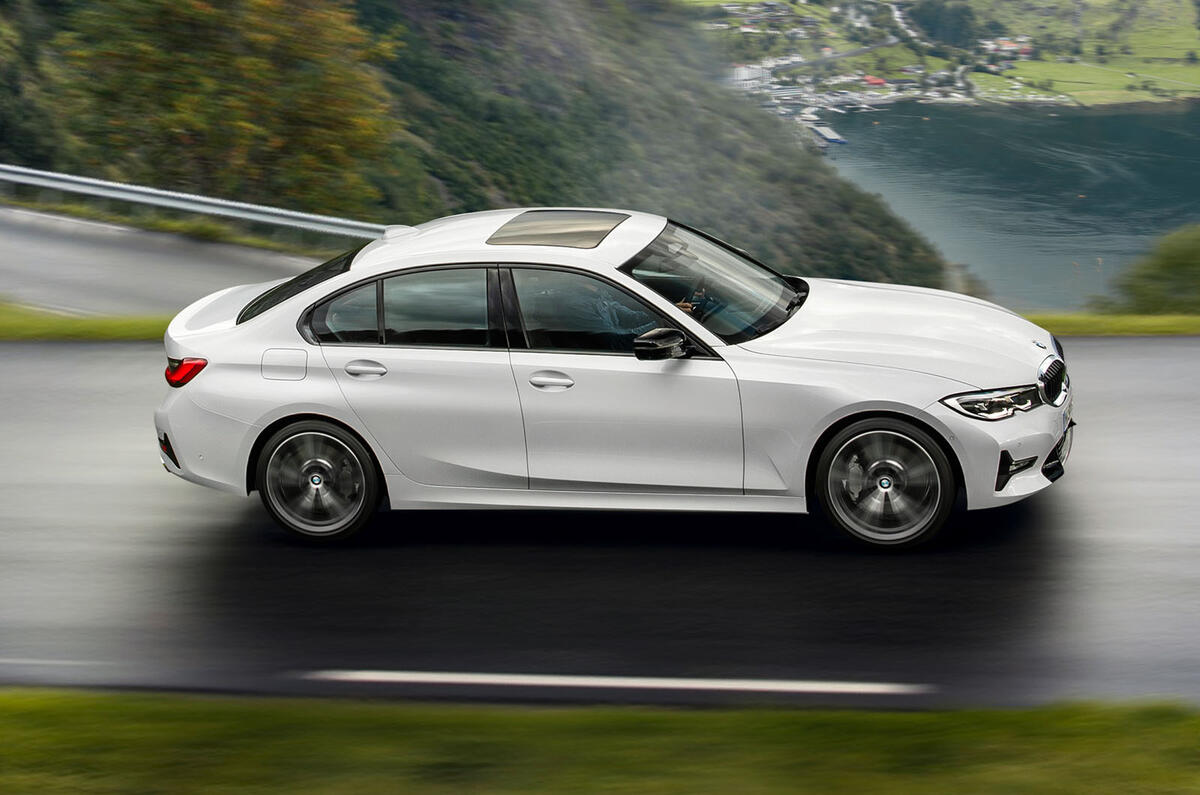
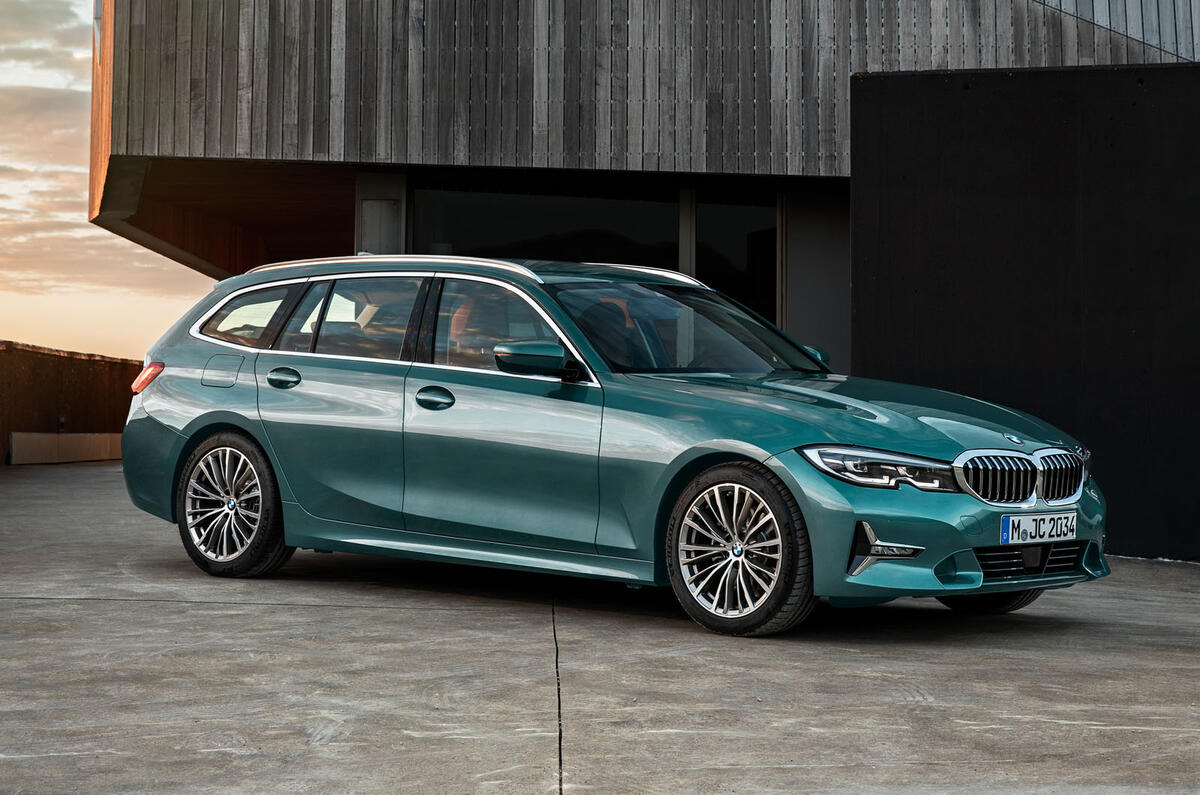
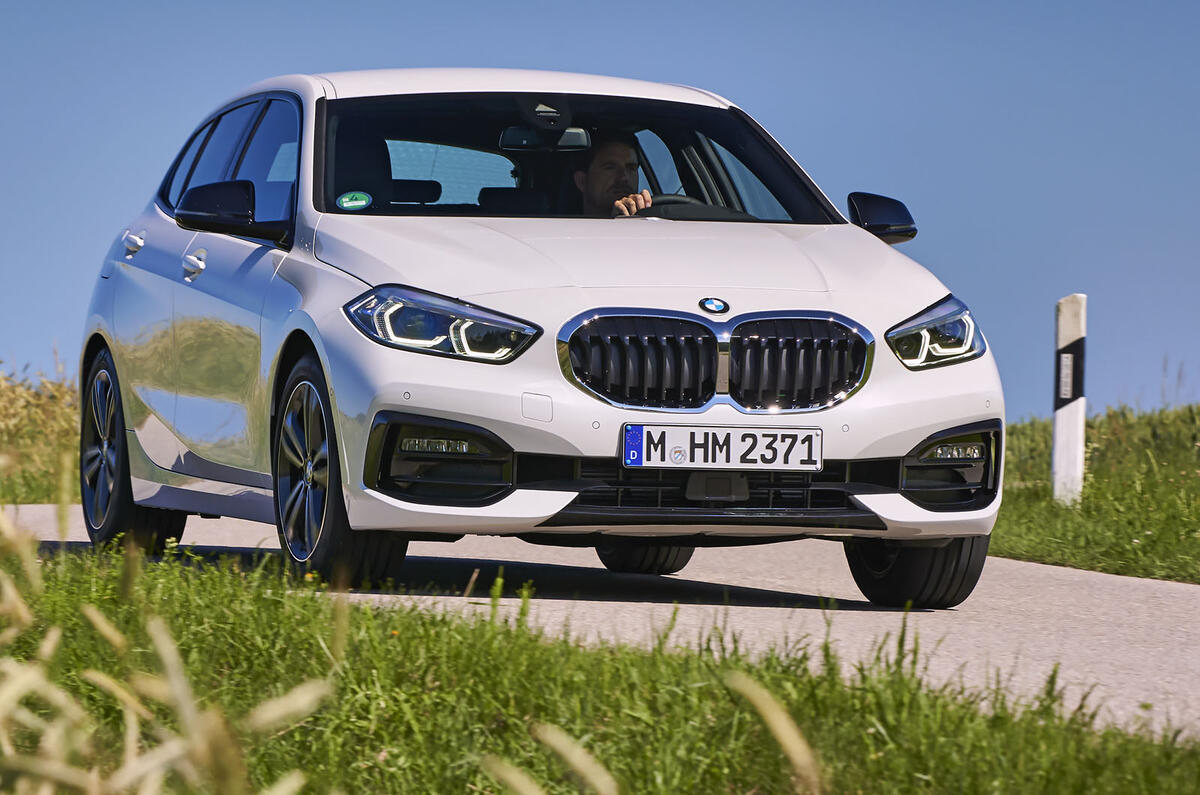
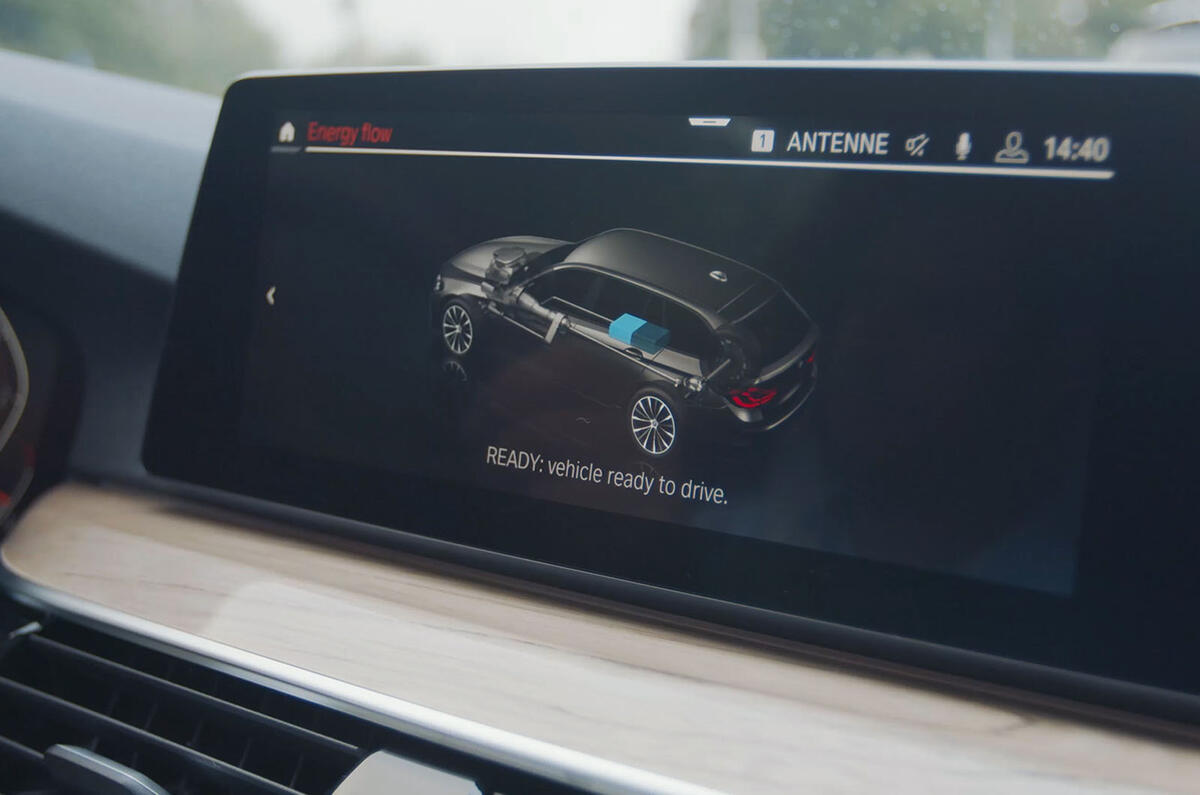
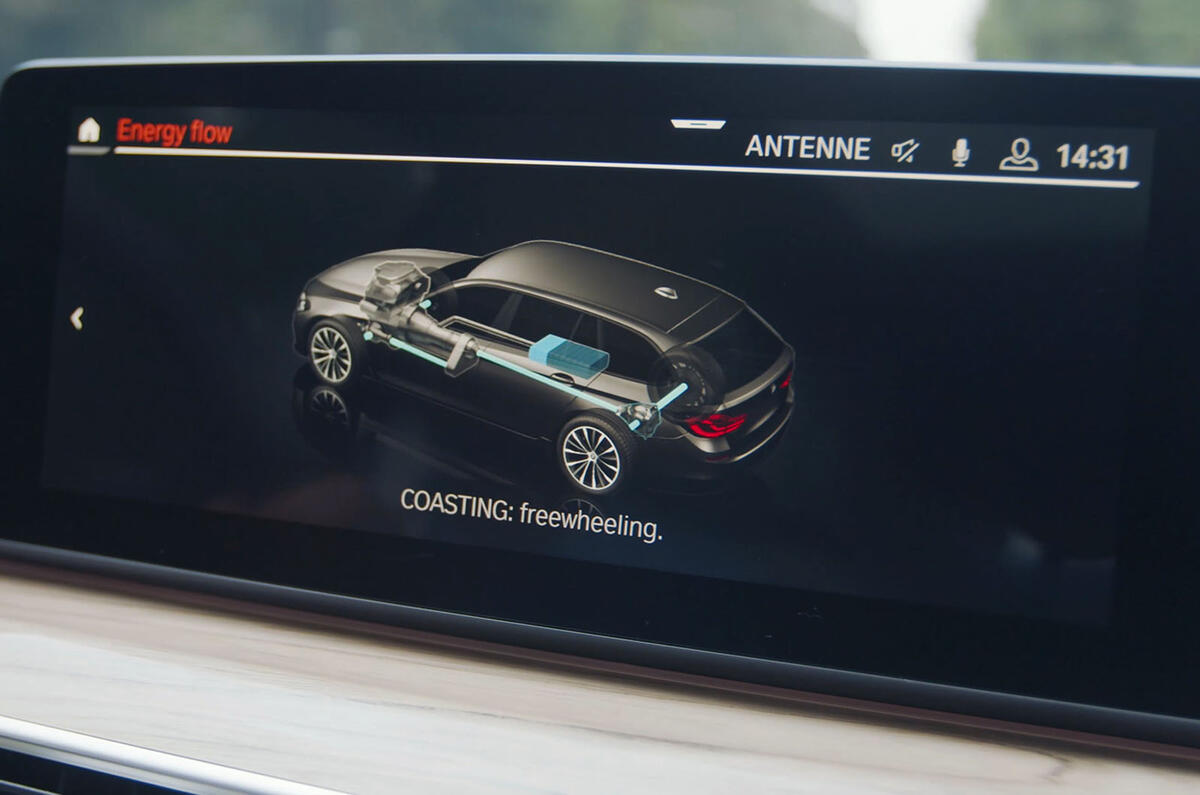
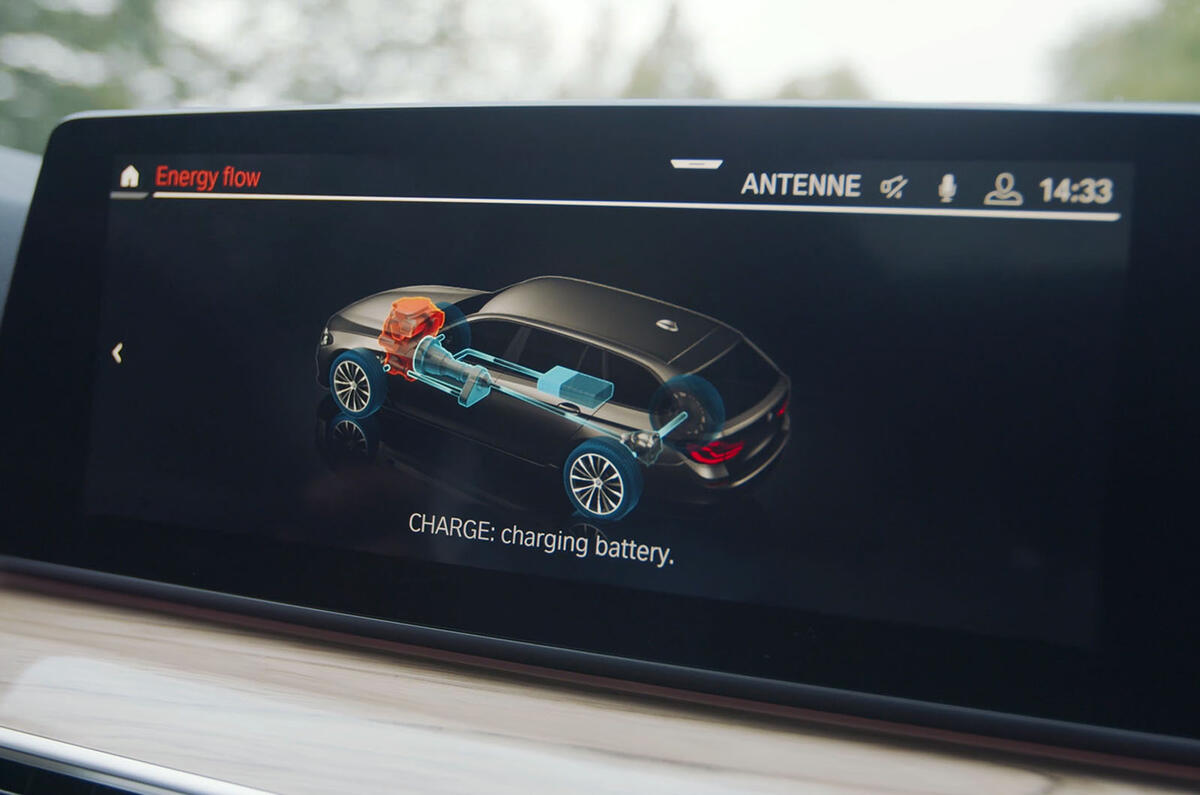
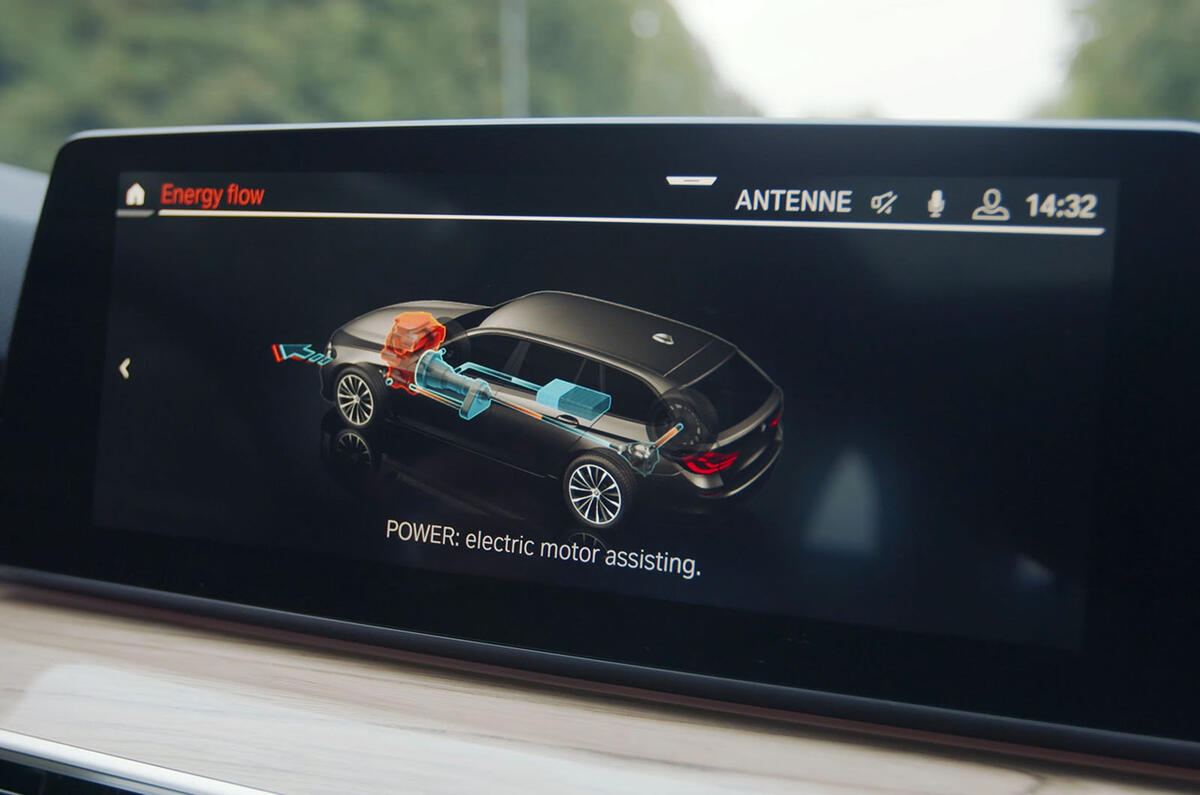
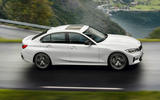
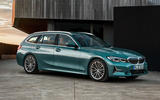
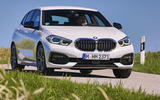

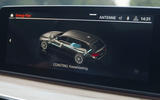
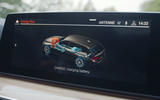
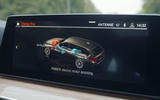






Join the debate
Add your comment
Dropping the 1.5 3 cylinder not up to the job in a big'ish car
Had a trip in 2 series 3 pot engine and it didn't feel premium, maybe that's why it was dropped from their more expensive cars! Or maybe it's to help their poor image at the moment caused by their awful reliability record
Never sat well with me having such a big expensive car.
The point?
I'm not sure I see the point of these ultra mild hybrids. Aside from a tiny improvement in fuel consumption and power, what do you get for added complication, weight and more money? Modern used cars are complicated enough with their myriad of annoying, electrical defects. In 3-5 years time, when these filter down, are many people going to trust the potential for extra expense versus 1 or 2 mpg?
"mild hybrid" = no high